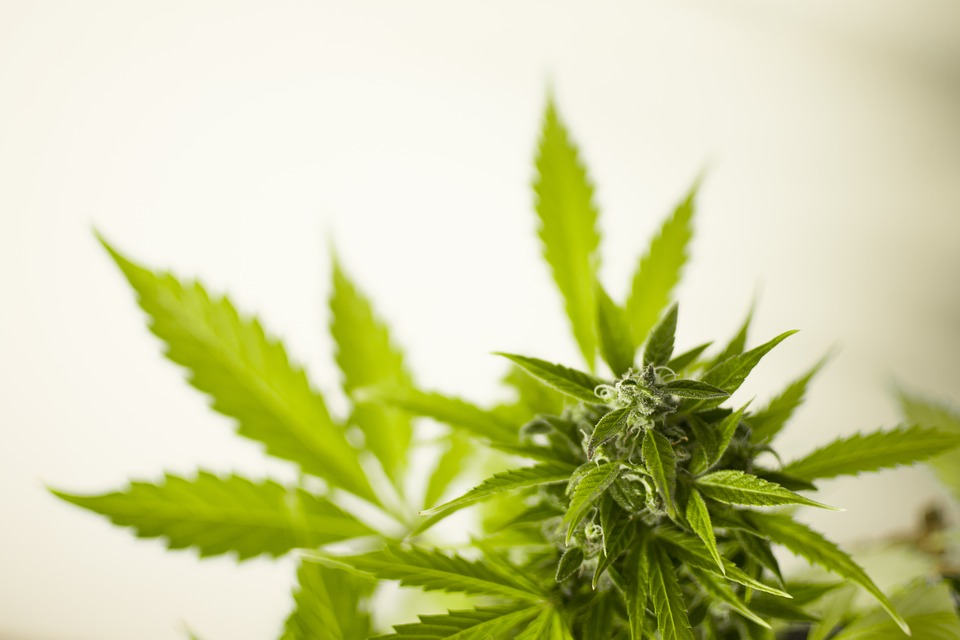News On The Green


Chokniti Khongchum via Pexels
Latest Article|September 3, 2020|Free
::Making Grown Men Cry Since 1992


Chokniti Khongchum via Pexels